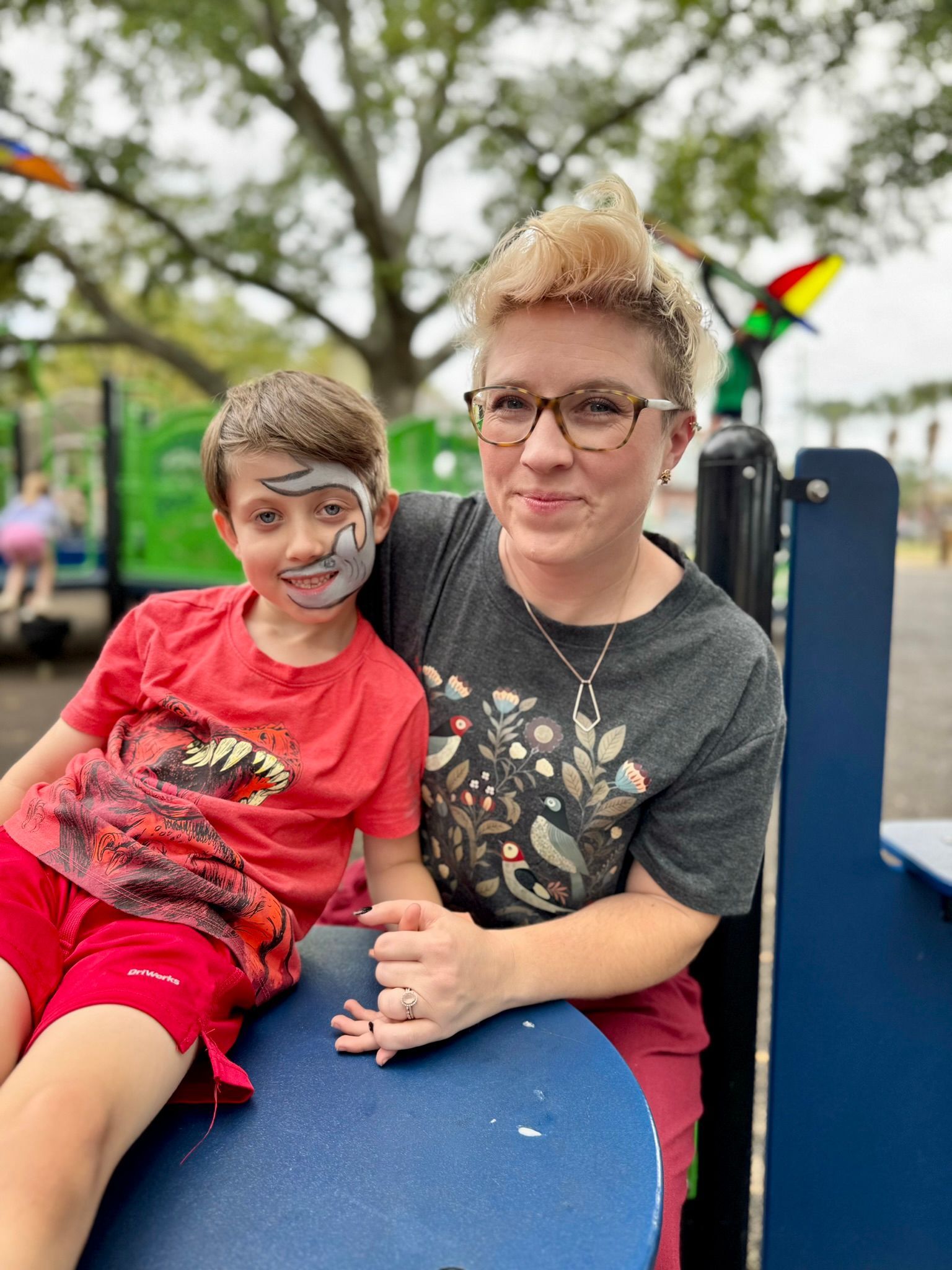Exploring Common Triggers of Parental Self-Anger
As a parent, it's common to feel angry at yourself for a variety of reasons.
One reason could be frustration with your parenting skills. You might feel like you're not doing a good job as a parent and that you're not meeting your child's needs, leading to a feeling of inadequacy that can lead to anger and frustration.
Another reason for feeling angry at yourself could be difficulty managing your emotions. You might lose your temper with your child or feel overwhelmed, and then feel guilty for your behavior.
Comparing yourself to other parents can also lead to feelings of anger and inadequacy. You might see other parents who seem to have it all together and feel like you're not measuring up. This can lead to unrealistic expectations and self-doubt.
Guilt over your own behavior is another reason you might feel angry at yourself. If you yell at your child or use physical punishment, you might feel like you're going against your own values or beliefs.
Finally, setting unrealistic expectations for yourself or your child can also lead to feelings of anger and frustration. If you expect your child to be perfect or expect yourself to handle every situation perfectly, you're setting yourself up for disappointment and self-doubt.
It's understandable to feel guilty or angry at yourself when you lose your temper or don't live up to your standards as a parent. Here are some strategies that may help you move through those feelings:
- Practice self-compassion: Instead of being hard on yourself, try to show yourself kindness and understanding. Remind yourself that everyone makes mistakes and that it's okay to not be perfect.
- Apologize and make amends: If you've hurt someone with your words or actions, it's important to apologize and make things right. This can help you move past your feelings of guilt and repair any damage that has been done.
- Reflect on what triggered your behavior: Try to identify what led you to lose your temper or fall short of your standards. Was it stress, fatigue, or something else? Understanding your triggers can help you avoid similar situations in the future.
- Seek support: Talking to a trusted friend or therapist can help you process your feelings and develop strategies for managing your emotions in the future.
- Practice self-care: Taking care of yourself can help you feel better and reduce your stress levels. Make time for activities that you enjoy, such as exercise, meditation, or reading.
Remember that parenting is a difficult job, and it's normal to have moments of frustration or anger. By practicing self-compassion, reflecting on your behavior, and seeking support when you need it, you can move through these feelings and become a more effective and fulfilled parent.





